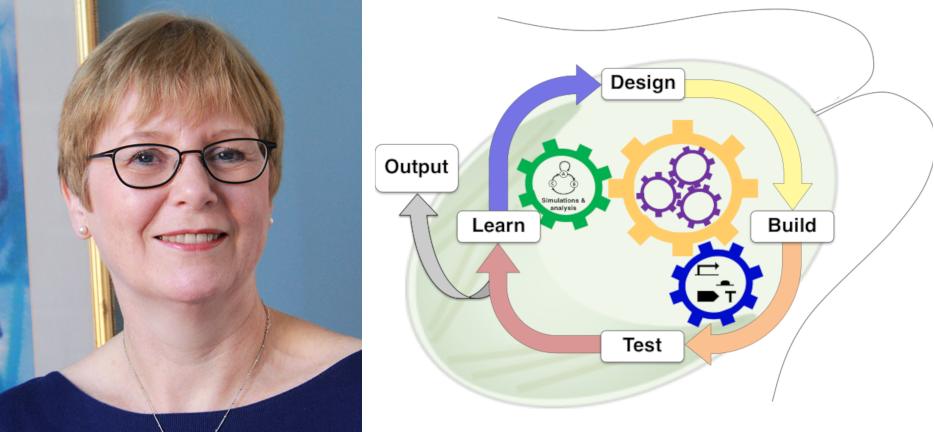
Professor Alison Smith from the University of Cambridge will be speaking in the WISB Seminar Series on the 10th December 2018 from 2-3pm in BSR3 in the School of Life Sciences.
Thiamine pyrophosphate (TPP) riboswitches are regions in messenger RNA that bind to TPP directly without the involvement of protein factors. They are present ubiquitously in bacteria, and are the only riboswitches found in eukaryotes. In these latter organisms, binding of the ligand results in alternative splicing of the transcript, which then leads to changes in expression of the mRNA. We have identified and characterised riboswitches in the green alga Chlamydomonas reinhardtii. Key nucleotides in the mechanism of action of these sequences have been established using a combination of site-directed mutagenesis, error-prone PCR and suppression mutagenesis, and as a result we demonstrated that the riboswitches are modular and versatile, responding to nM levels of the ligand, and not just TPP but also analogues and thiamine biosynthetic intermediates. At the same time, we have developed synthetic genetic circuits using a suite of engineered TPP riboswitches that can ‘tune’ expression of one or more transgenes, both in the nucleus and the chloroplast, offering the means for sophisticated metabolic engineering strategies.